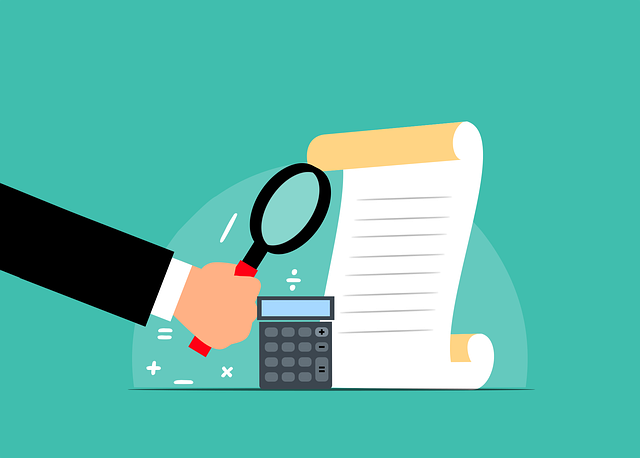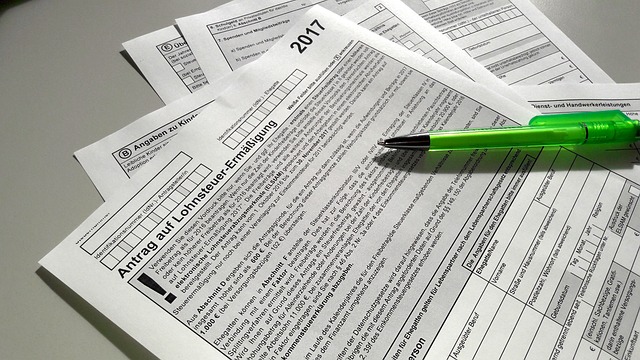Successful self-employed South Africans prioritize proactive tax planning, understanding their obligation to contribute to OADs and unemployment insurance through SARS guidelines. By strategically setting aside income, budgeting, and utilizing available deductions for expenses like office supplies, equipment, travel, and rental payments, they minimize taxable income, avoid penalties, ensure compliance, and maintain business financial stability. Regular consultation with accounting professionals is key to navigating complex tax laws and leveraging all available benefits of self-employment tax planning in South Africa.
“Navigating the complex landscape of tax management is an integral part of entrepreneurship. For South Africans, understanding self-employment tax planning can seem like a daunting task. This comprehensive guide aims to empower local business owners by demystifying the process. We’ll explore expense categories that are claimable, offering strategic insights for efficient tax management. By delving into self-employment tax planning in South Africa, entrepreneurs can ensure compliance, optimize deductions, and ultimately, enhance their financial health.”
- Understanding Self-Employment Tax Planning in South Africa
- Expense Categories for Claiming Business Costs
- Strategies for Efficient Tax Management as a South African Entrepreneur
Understanding Self-Employment Tax Planning in South Africa

In South Africa, self-employment tax planning is a crucial aspect for entrepreneurs to navigate successfully. As a self-employed individual, you’re responsible for paying both employer and employee contributions to the South African Revenue Service (SARS). This includes Old Age, Disability, and Survivor’s (OADs) pensions, as well as unemployment insurance. Understanding these obligations and how to manage them effectively is essential to avoid penalties and ensure compliance with tax laws.
Business owners must calculate and set aside a portion of their income for these taxes throughout the year. The SARS provides guidelines and tools to assist in this process, making it easier to budget and plan. By proactively managing your self-employment taxes, you can ensure financial stability and peace of mind, allowing you to focus on growing your business.
Expense Categories for Claiming Business Costs

In South Africa, self-employed individuals need to be aware of various expense categories they can claim to offset their business costs and reduce their taxable income under self-employment tax planning. These expenses are crucial in navigating the intricate landscape of tax regulations. Common business expenses that South African entrepreneurs can claim include office supplies, equipment purchases, travel and transport costs for business purposes, and rental or lease payments for commercial spaces.
Understanding which expenses are deductible is essential for effective tax planning. By keeping detailed records of these categories, such as receipts and invoices, businesses can ensure accurate claims during the tax filing process. This meticulous approach to self-employment tax planning in South Africa allows entrepreneurs to make informed financial decisions and optimize their tax position.
Strategies for Efficient Tax Management as a South African Entrepreneur

As a South African entrepreneur, efficient tax management is crucial for ensuring your business’s financial health and legal compliance. A key aspect is proactive self-employment tax planning. This involves understanding what expenses are deductible and strategically documenting them to minimize your taxable income. Keep detailed records of all business-related costs, from office supplies to travel expenses, as these can significantly reduce your tax burden.
Regularly reviewing and updating your tax strategy with the help of an accounting professional is essential. South Africa’s tax laws can be complex, with various deductions, allowances, and credits available for entrepreneurs. Staying informed about changes in legislation and leveraging these benefits will help optimize your tax position. Effective planning also includes setting aside funds specifically for taxes throughout the year to avoid unexpected cash flow issues when filing season arrives.







